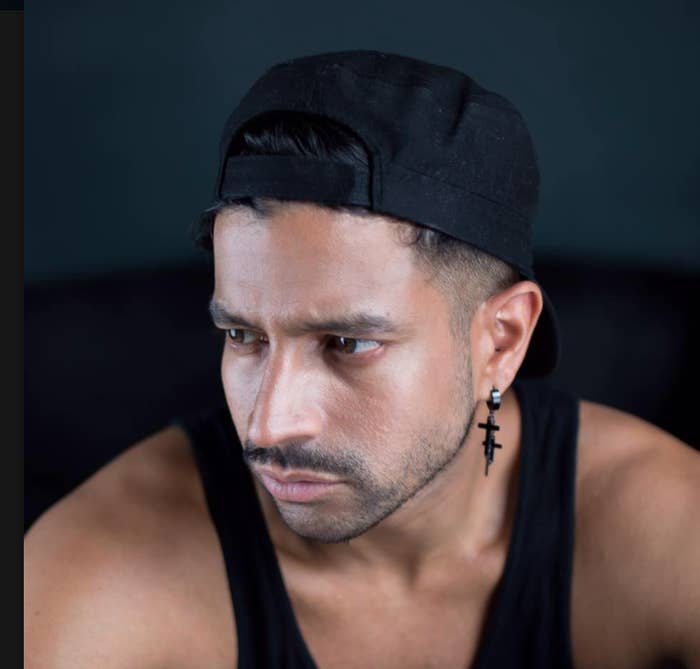
It was supposed to be a professional conversation between an editor at Billboard, America’s oldest, most totemic music publication, and an emerging queer artist.
When Nik Thakkar, whose stage name is NEO 10Y, contacted Patrick Crowley — who as senior director of Billboard Pride was in charge of all LGBT content at the title — it was to find out when the outlet would publish an interview he had given about his new song. But that is not where the conversation led.
In an interview with BuzzFeed News, Thakkar detailed what happened as Crowley drove the ensuing discussion, steering it around various bends to its conclusion, when he asked Thakkar to send him and a co-worker nude photographs of himself. The musician did not comply with the request, and was later told that he had been removed from a Billboard playlist.
Thakkar also supplied the entire conversation to BuzzFeed News, which took place via Instagram direct messages. It is clear to Thakkar what it constituted: “It’s sexual harassment,” he said.
Crowley did not respond when approached for a response to the allegations, but a spokesperson for Billboard said the company has investigated the “very serious allegations” and “determined there had been violations of the company’s ethical and professional standards.” The spokesperson added, "As a result, we have terminated Patrick Crowley’s employment, effective immediately". And in a statement, the company also expressed "regret" for Crowley's "unprofessional behaviour".
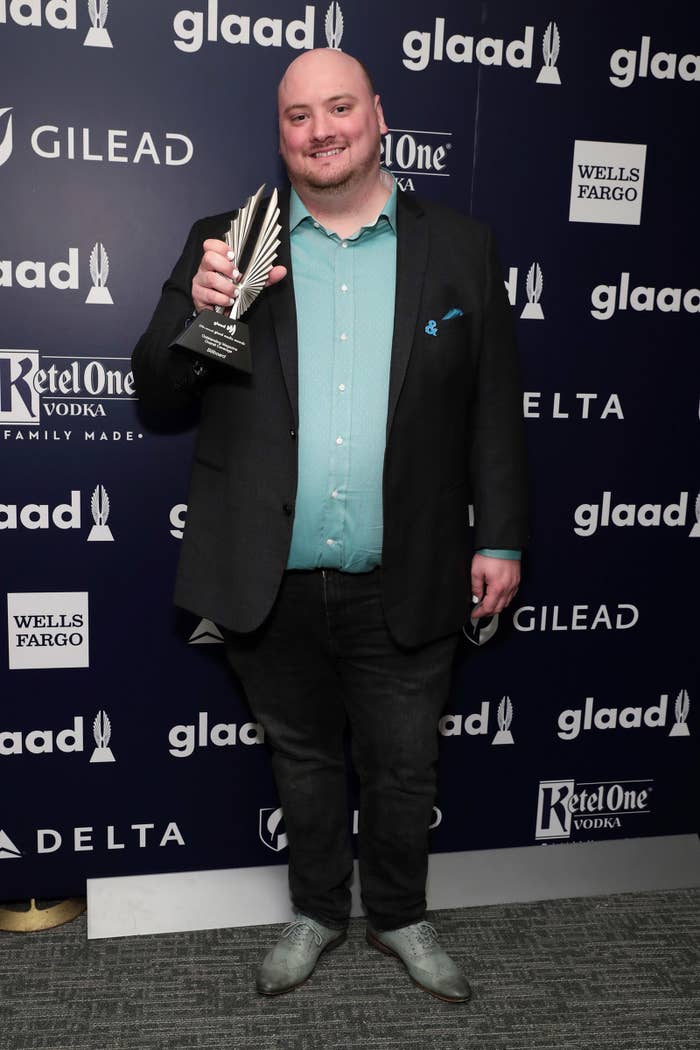
The detail of the conversation between Crowley and Thakkar, offers a rare and detailed insight into the techniques often deployed by those using power to gain sexual favours. Crowley used humour. He self-deprecated, in an attempt to provoke pity. He spoke in metaphor, he generalised and used emoji. All serve to disguise his intentions: softened, and couched in playfulness before the direct, unquestionable command: send naked pictures.
Thakkar told BuzzFeed News he wants people to know what that looks like – in particular when it occurs between men – and what effect it has.
It has taken him six months to rouse sufficient confidence to speak out.
He also came forward, he said, for other queer people of colour and in particular for young talent navigating the waters of their careers when they have no power – and colliding with those who do.
Another motivation for Thakkar was the #metoo movement, which prompted legions of survivors of sexual violence to disclose their experiences but which never fully galvanised the LGBT community into unleashing its own offshoot. Something, he believes, needs to spark greater awareness – and a new conversation among this group.
“It’s time,” he says, “that we speak up.”
Thakkar is British, non-binary and pansexual, with a music career not yet three years old. His songs are experimental and ethereal — some of which express his sexuality, but, he says, “it’s not an invitation… to be manipulated.”
Before singing and songwriting, he was an award-winning fashion designer — at one point working with will.i.am — and a fashion model for Jean-Paul Gaultier.
A famous, and at the time drunk, photographer once put his “hand down my pants”, says Thakkar, but the incident with Crowley, despite no physical act occurring, was worse. “The level of manipulation,” he says was key. “I’ve never [before] had my career dangled in front of my face.”
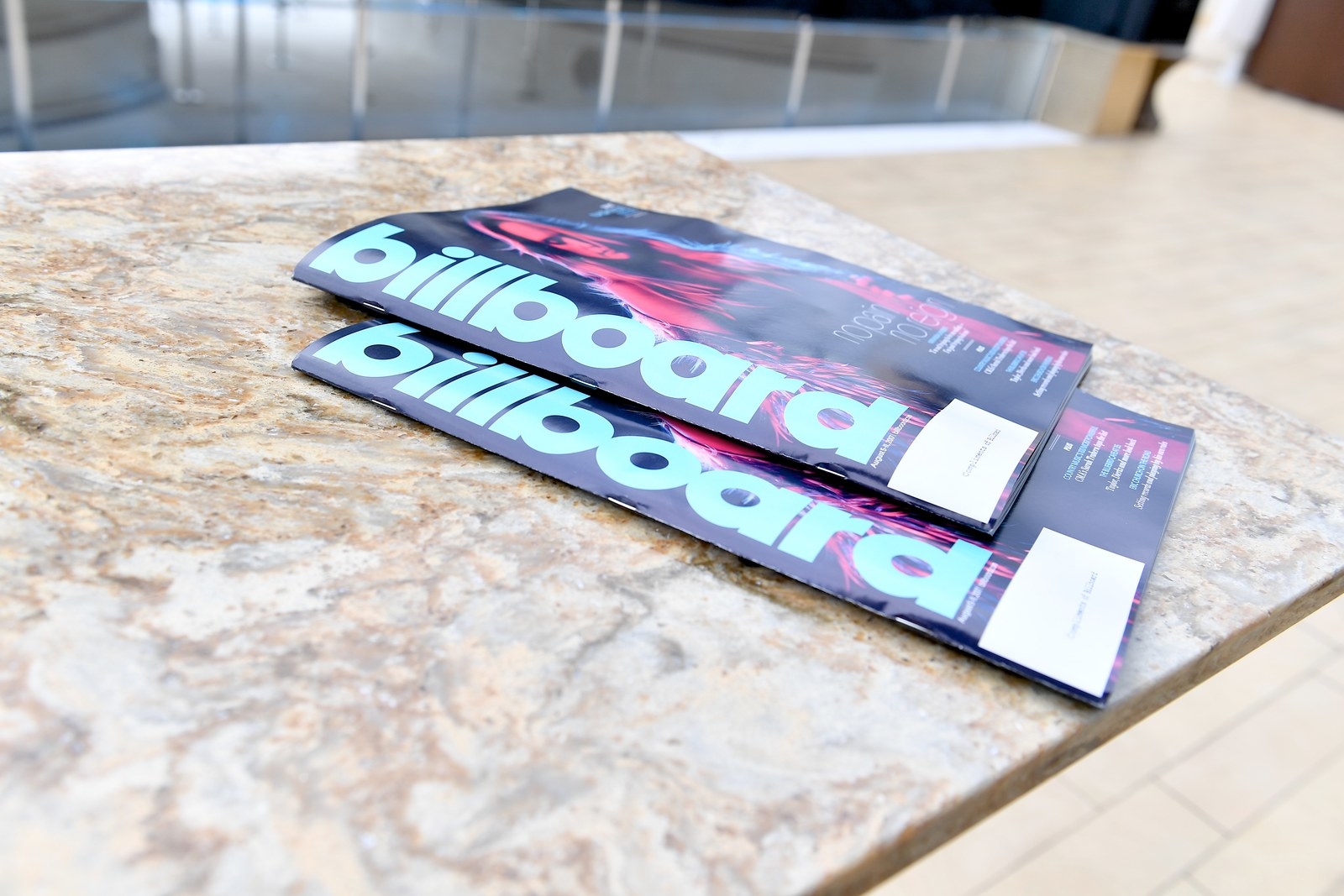
Billboard had written about him previously, hailing his “genre-bending” music. It meant a lot to the budding musician, the brand being synonymous with the American music industry, defining and compiling the charts, and famous for its awards ceremonies. Coverage in the title helps cement a new artist’s position.
But on October 9 2018, Thakkar contacted Crowley to enquire whether a new interview with him about his new song, Dopamine, would run as expected the following day. They had never met. The conversation, via Instagram direct message, began badly.
Crowley began with rebukes. He said he was unaware that the interview had taken place, let alone been informed that a publication date had been agreed. “This is completely disrespectful to me as an editor,” he wrote.
After informing the artist that Billboard’s overnight editor, in Australia, would be overseeing the article’s publication, Crowley warned that he would be “highly irritable about this situation for a while”.
He then shifted the conversation, positioning himself as victim.
“This goes past this situation, it’s something I’ve been dealing with and struggling with for the past few months,” he began before describing how men he meets online only seem interested because of his position at Billboard and with to exploit that. “I can tell when an indie artist wants something from me bc [because] they start liking my photos and stuff.”
It was, he said, affecting his wellbeing and then complained that he will now only get three hours sleep, and had left his Klonopin, a sedative, at work.
When Thakkar suggested he listen to a certain frequency – sound therapy – to aid sleep Crowley steered the conversation again, this time into a sexual realm and replied: “Or porn.”
It was the beginning of a repeated attempt to sexualise the conversation, introducing the suggestion of sending naked pictures.
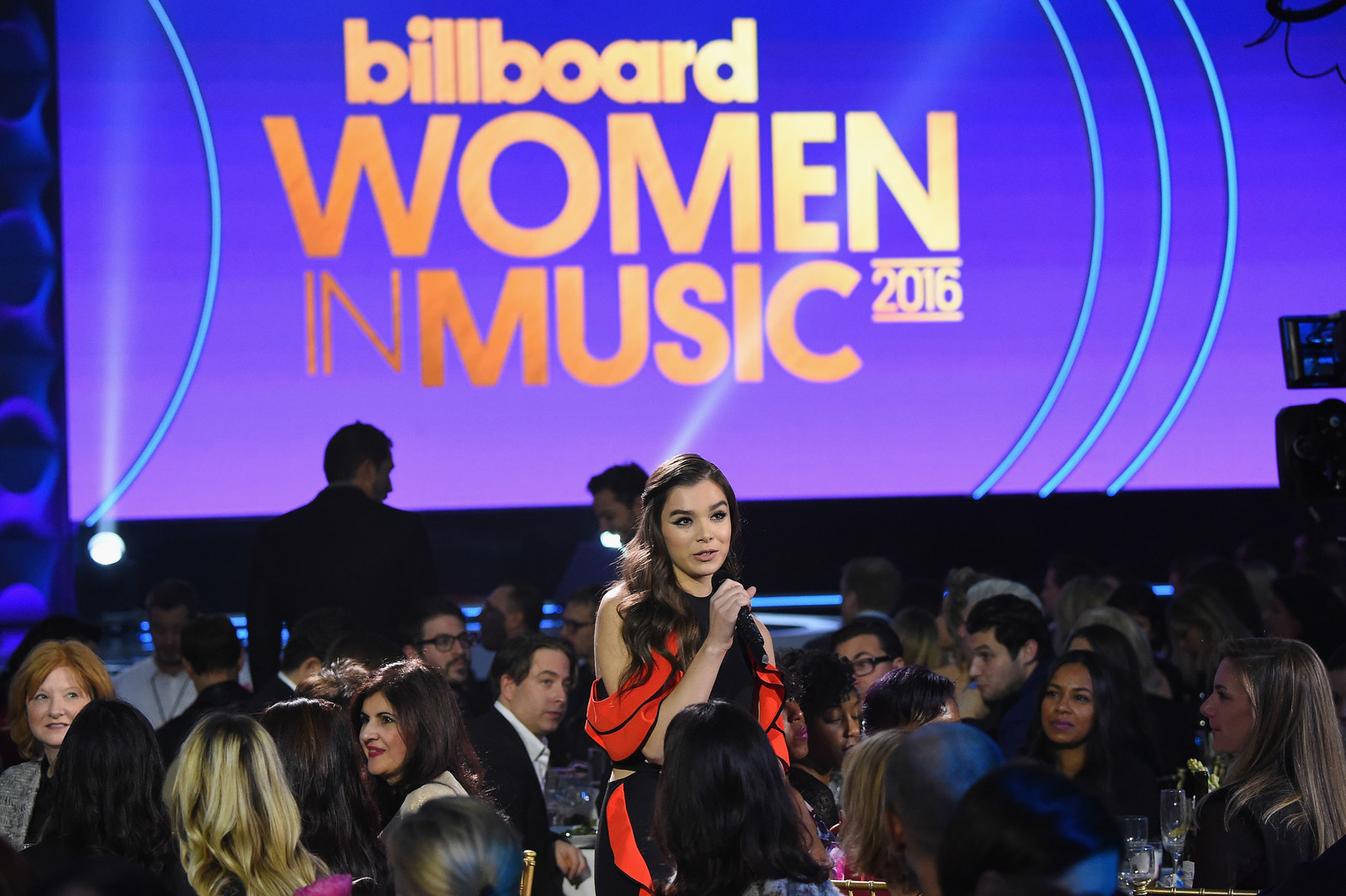
“Maybe one day a cute boy will send me unsolicited nudes in my DMs,” he said.
“That’s your homework,” he added. “Find me a decent looking guy to send me nudes and give me occasional compliments lol….Nudes as many as they want….They can be a photo or artist, honestly don’t care anymore…I’ll just put them on the cover of the magazine! Why not…what’s integrity”.
At each attempt by Thakkar to bat the suggestions away, Crowley continued, variously: “Nudes would be good”, “It [the sleep aid suggestion] isn’t working because no one sent nudes”, and suggesting Thakkar sent “photos of your frequency”.
When this did not work, Crowley re-introduced humour and his low self-esteem, that he was “thinking about how worthless and ugly” he is – ending the line with “lol”, and that, “I’m a potato with bad stubble”, and, “I’m not even fuckable”.
When Thakkar attempted to say goodbye, Crowley picked up on his use of four ‘x’s – kisses – to enquire whether that was “better than three”. Then added a smiling imp emoji, that looks like a purple devil but is usually used to mean one thing: horny.
He eventually asked Thakkar for naked pictures directly by telling him to contact both the Billboard overnight editor in Australia and himself. “I’ll give you his email to send him nudes,” he wrote, “Just cc me”. Thakkar said he would instead send “potato pics”, to which Crowley replied: “I’m not turned on by my people.” Eventually they signed off.
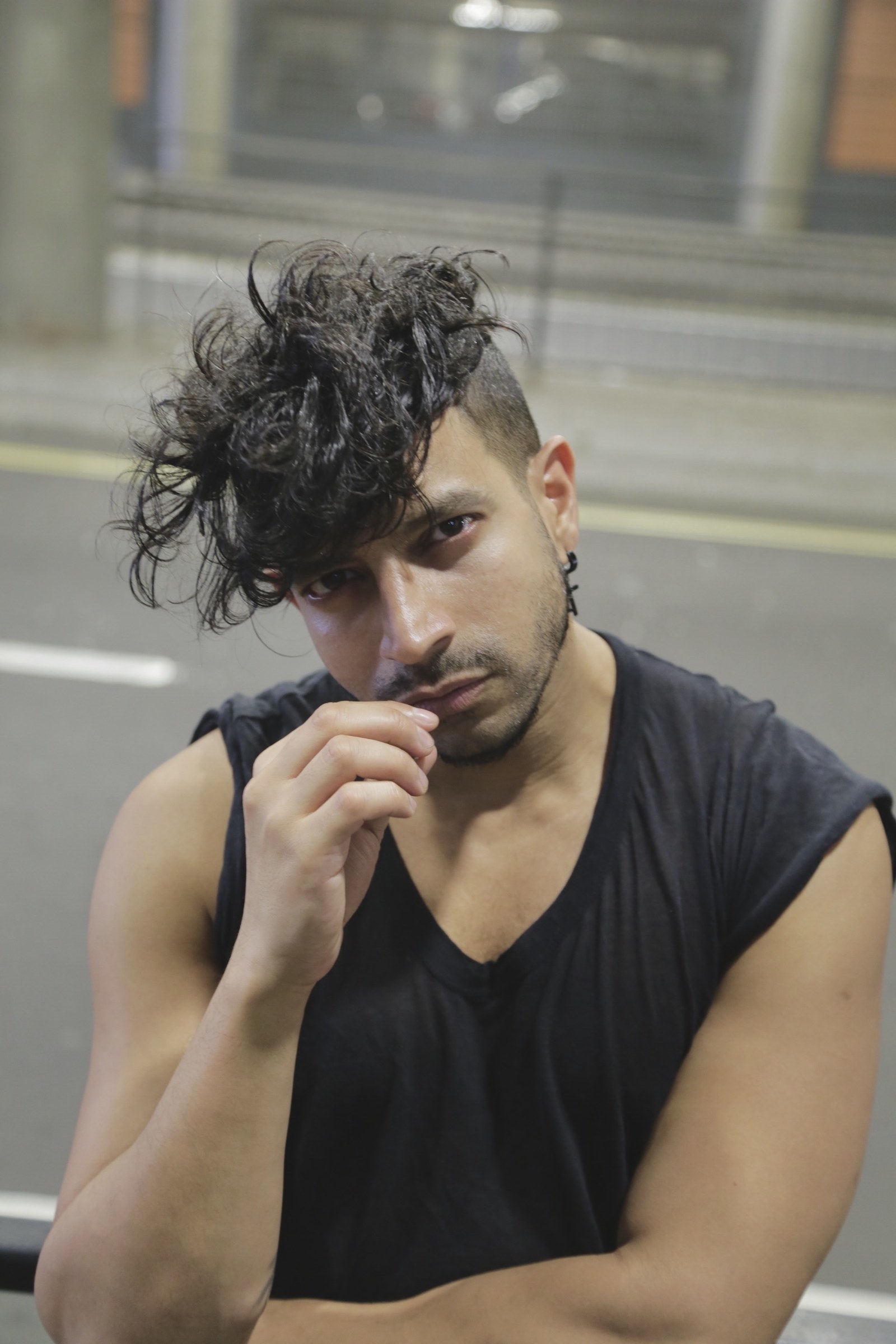
“I was trying to laugh it off the whole time,” Thakkar told BuzzFeed News. “What am I supposed to say? He’s trying to get me to feel so sorry for him that I send him a nude.”
The article about Thakkar was published. But someone involved in the piece then informed him that Dopamine, his new song, had been removed from the November 2018 Billboard Pride Playlist. Thakkar was also informed by text that the editor had “told me to replace you” because he was still annoyed at Thakkar over the mix-up surrounding the article.
“I just don’t get why I’m being made the victim here,” Thakkar replied by text.
That statement encapsulates his response overall to what had happened.
“I don’t want this,” he said this week. “It’s bullshit manipulation that is systemic in the music industry and it just needs to stop.”
Thakkar is incensed at Billboard. “It’s such a big brand and it’s so unfair,” he said. “I felt like there was an agenda that I wasn’t aware of. So when I’m getting 10 messages about nudes I try to push it away, but politely, within a mature and kind way of doing it that doesn’t fuck up my relationship with the biggest music publication in the world.”
The scale of the publication’s influence set against the ambitions of an artist still trying to find their footing only compounded the effect of the conversation and what Thakkar believes was a blacklisting by that editor.
“This is why I’ve been made to feel the victim because it’s a big publication,” said Thakkar. “I think it’s clear that he was trying to leverage his role as an editor at a massive magazine, at the most prestigious music publication in the world, to get himself off that night, to one of his artists, so he could sleep. It’s manipulation. It’s orchestrated.”
A spokesperson told BuzzFeed News: “Like any responsible news organization, Billboard regards the idea of blacklisting as repugnant. It never has and never would blacklist anyone. We thank you for bringing this issue to our attention and we regret the unprofessional behavior, which does not reflect our company’s standards.”
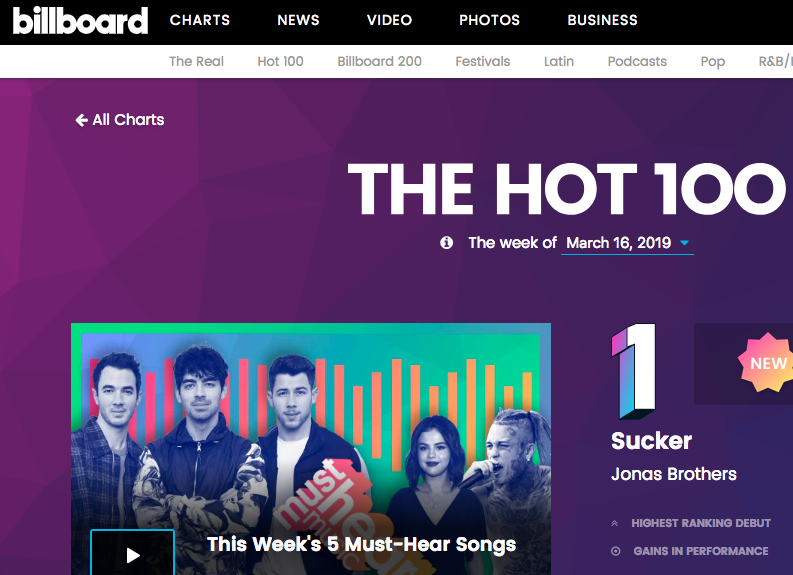
Since it happened, Thakkar said, he has experienced repeated anxiety that has manifested physically. “I’m mad about the situation that’s happening to me and it’s happening to kids and artists all the time,” he says. But having thought about it and discussed it with friends, he now has no qualms about talking publicly. “This should be up there and the general public can decide whether this sort of behaviour is appropriate or not.’”
He said he wants to continue having a working relationship with the magazine, if possible, but “everyone needs to start acting a bit more professional and respectful. It’s mind-boggling. For my existence to be diminished into just a dick pic — essentially, that’s my worth in this situation. I feel like I’ve lost.”
Most of all, what Thakkar wants is for the culture to change, so that boundaries are no longer disrespected among LGBT people and within the music industry. “It’s normalised,” he says. “But it’s not normal to me.”
